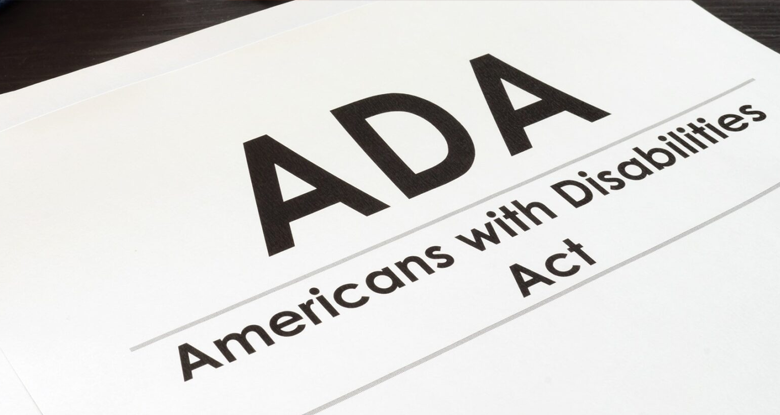July 26 will mark the 30th anniversary of President George H. W. Bush signing into law the Americans with Disabilities Act (ADA), a hallmark piece of legislation that calls for equal treatment for people with disabilities in America. The 1990 act safeguards the ability of people with disabilities to live independently and with dignity by expanding access to opportunities in the workplace, in transportation, through government programs and services, and in other important aspects of daily life.
This groundbreaking law was a long-overdue extension of civil rights to one in four Americans. Using the 1964 Civil Rights Act as a model, the ADA has been described as the most comprehensive disability rights legislation in U.S. history. The ADA affirmed that the skills Americans with disabilities bring to their jobs are no less valuable. According to the Department of Labor, the ADA explicitly prohibits discrimination in job application procedures, hiring, advancement, termination, compensation, job training, and other terms, conditions, and privileges of employment. More importantly, the act was the first of many key decisions over the last three decades to advance the rights of people with disabilities by asserting the value of every human being within society, from the landmark Olmstead v. L.C. ruling in 1999 to IDEA just two years ago.
The ADA was, fittingly, drafted in the United Methodist Building in Washington, D.C., where the offices of our national network are currently located. The 21 member organizations of the Lutheran Services in America Disability Network seek to continue the protection and advancement of disability rights each day by working together to advocate for person-centered support and improvements to long-term services and supports for individuals with intellectual and developmental disabilities. Our national network actively works with individuals with disabilities — from rehabilitation services and work programs to respite care and independent living — in dozens of states, the District of Columbia, and the U.S. Virgin Islands. They passionately strive to promote the recognition and respect of the many people they serve.
Thirty years on, the ADA continues to act as a cornerstone for working toward equity for Americans with disabilities, today and in the days to come. Its provisions become all the more important in times of upheaval, such as what we collectively find ourselves immersed in during the COVID-19 pandemic. To this end, we must go even further than the ADA in the days ahead. We call for the U.S. Senate to take several actions in its next relief package that focus on the needs and priorities of people with intellectual and developmental disabilities, including:
A 10 percent increase in funding for home- and community-based services
Classification of direct support professionals as essential workers, thereby making them eligible for increased wages through the “Heroes Fund”
Additional funding for the Public Health & Social Services Emergency Fund to ensure appropriate relief for community disability providers.
Such much-needed improvements will help ensure that people with intellectual and developmental disabilities throughout America can thrive and reach their full potential.














